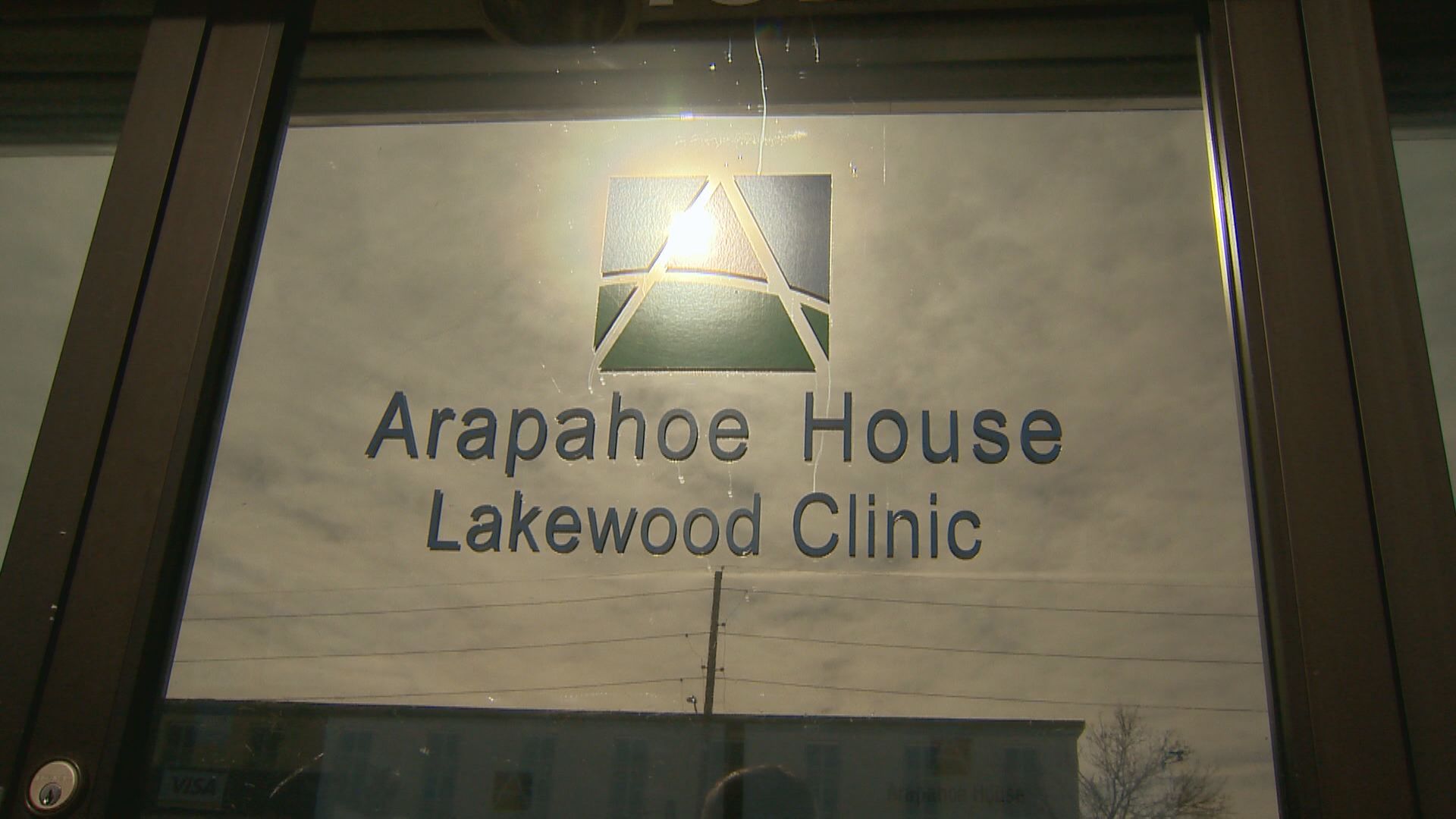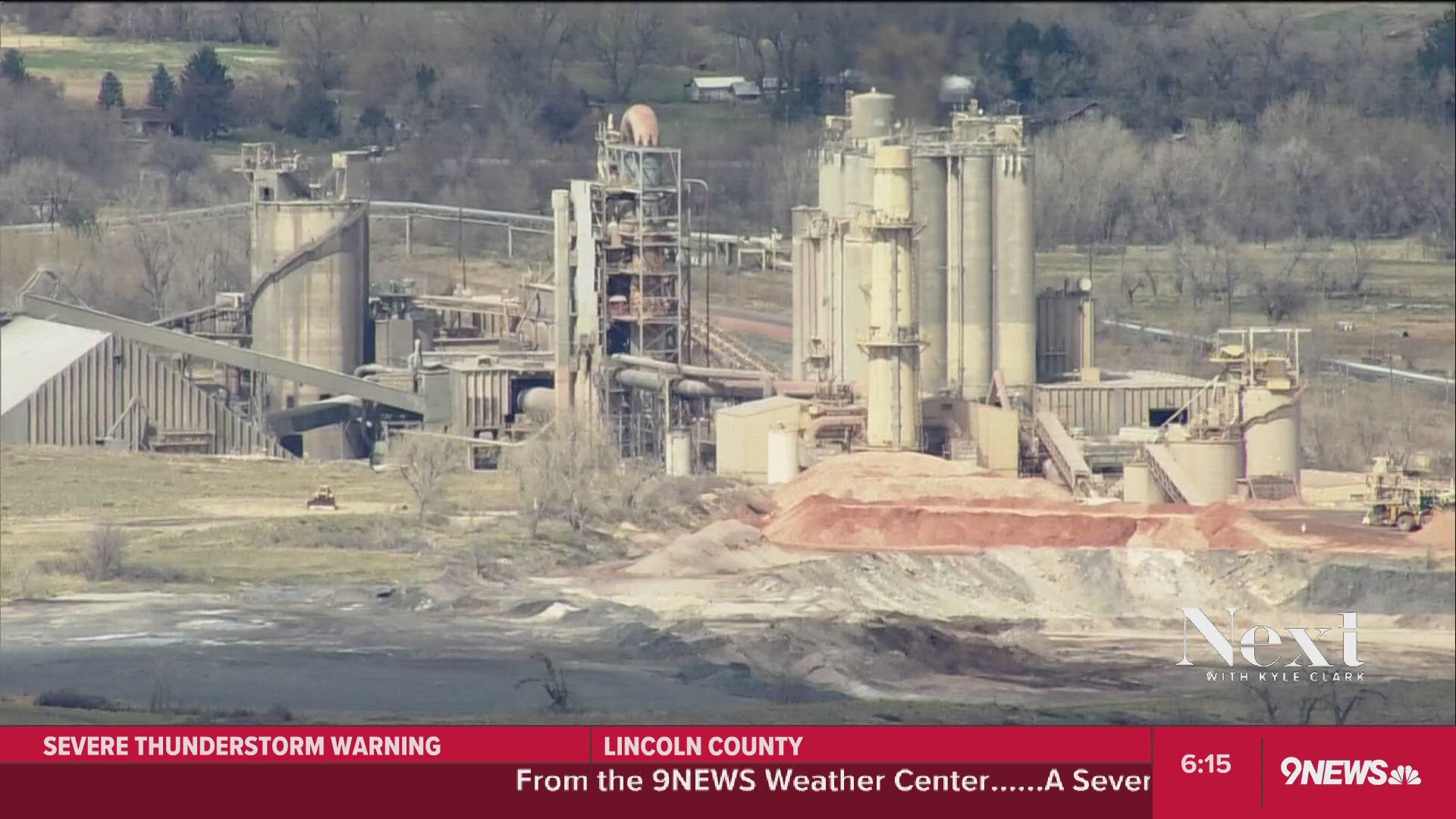Colorado's largest drug and alcohol treatment provider is closing its doors next month after 42 years in service.
Arapahoe House will no longer be accepting patients and plans to close its seven locations for good on January 2, the organization announced Friday.
Kate Osmundson, a spokesperson with Arapahoe House says the cost to care for patients is greater than the funding available from state and federal sources.
The organization had already eliminated programs serving the youth and those coming out of the criminal justice system. Earlier this year, Arapahoe House announced the closure of three detox centers.
President and CEO of Arapahoe House, Mike Butler says recent and anticipated future reductions in funding have made it impossible for treatment programs to continue.
“This is devastating for our community and the state as a whole,” Butler wrote in a news release. “We care for an extremely vulnerable population including pregnant women and women with children. Without Arapahoe House, there are precious few places for these individuals to go. Despite a widespread and growing opioid crisis in Colorado and nationwide, state and federal funding for addiction treatment remains inadequate.”
"Each year we're losing money," said Butler. To the tune of around a million dollars a year over the course of the last six years.
"You're going to continue to see closures even though we have an epidemic in our country and that's the tragedy," he said.
Arapahoe House’s call center will remain open Monday through Saturday from 8 a.m. to 7 p.m. through Jan. 2.
Osmundson said that staff is working with the treatment community to place current patients with other providers.
Arapahoe House said it serves 5,000 patients annually and has approximately 200 employees.
The Office of Behavioral Health in charge of their funding. We asked them for a statement, here's what they said:
The announcement that Arapahoe House is closing is unfortunate, but efforts are underway to help patients find alternative access to essential health care. The Office of Behavioral Health and Signal Behavioral Health Network, the regional Managed Services Organization that manages substance use services in the Denver metro, will work with Arapahoe House to find care transitions for clients who are actively in treatment.
The Office of Behavioral Health is working with our crisis system and the multitude of other substance use treatment providers in and around Denver to ensure Coloradans have access to services. Signal and the Office of Behavioral Health have relationships with other large providers in the Denver metro region, such as Addiction Research & Treatment Services (ARTS) and Denver Health.
Patients and families can visit http://signalbhn.org/find-treatment/ to find a provider and services near them. Clients also can call the Denver treatment hotline, 888-607-4462, to find a provider in the region. Colorado Crisis Services also provides 24/7 access to licensed behavioral health professionals through the crisis line (1-844-493-8255) and 12 walk-in crisis centers, including six in the Denver region. The Office of Behavioral Health provides safety net resources for drug and alcohol treatment for uninsured Coloradans. This includes direct reimbursement for treatment and capacity-based funding to support program infrastructure.
The need for substance use disorder treatment in Colorado is great, and has been growing. That has not gone unnoticed by the Colorado General Assembly, which in 2015 passed Senate Bill 202 dedicating $12 million annually to support substance use prevention, treatment and recovery services. Federal lawmakers passed the 21st Century Cures Act in 2016, which provided $15.6 million to Colorado over a two-year period for increased services and capacity to address the opioid crisis. Yet, it’s clear that the need for services outpaces the resources available to provide them.
The state is working to increase access to services through expanded funding for existing providers and partnerships with new locations. We will continue working with Signal Behavioral Health Network to deliver these essential services in Denver and across the state.
To find treatment in Denver, visit this link or call 1-888-607-4462. Individuals statewide can receive referrals through Colorado Crisis Services by calling 1-844-493-8255, texting “TALK” to 38255 or visiting coloradocrisisservices.org.


